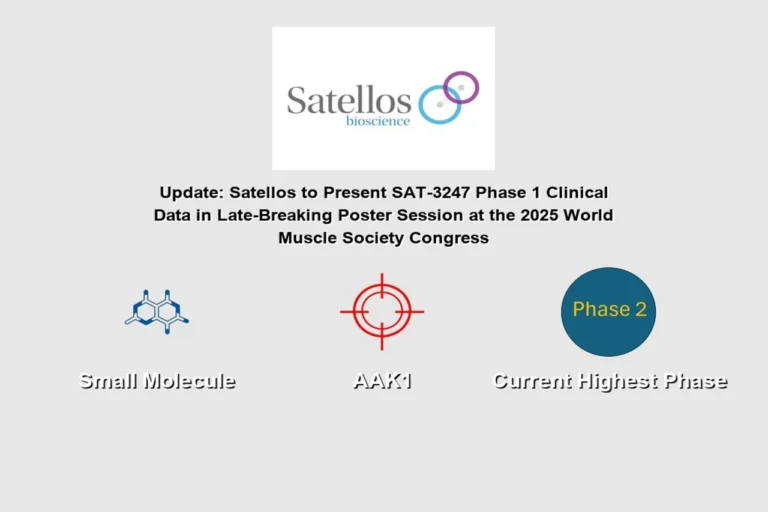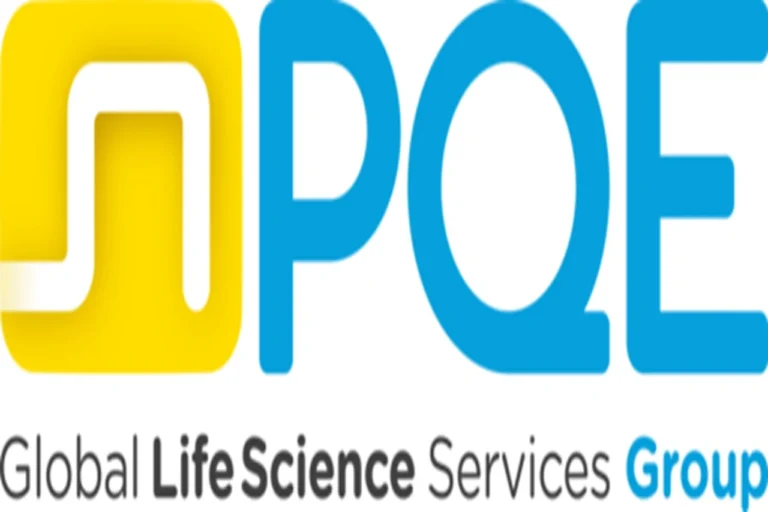
As demand for sustainable aviation fuel (SAF) is projected to surge tenfold by 2030, Universal Fuel Technologies (Unifuel) has successfully closed a $3 million funding round for its Flexiforming technology, which can reduce SAF production costs by up to 50% and cut related carbon emissions by as much as 75%. The seed round, led by TO VC and supported by Alchemist Accelerator, Claire Technologies, and World Star Aviation, will facilitate the development of Unifuel’s proprietary Flexiforming process and help establish laboratory space in Texas for SAF sample production.
Flexiforming utilizes a series of chemical reactions to convert various renewable materials, including byproducts from other SAF production methods, into high-quality SAF that is chemically equivalent to conventional jet fuel. This innovation paves the way for a fully synthetic replacement compatible with existing aircraft fleets. “Current SAF production faces challenges due to feedstock limitations and high costs, issues that Unifuel’s Flexiforming addresses,” stated Joshua Phitoussi, managing partner at TO VC. “Unifuel has engineered a more efficient SAF production method that significantly reduces costs while maximizing resource utilization. The feedstock flexibility of Unifuel’s technology allows the company to collaborate with top players in whatever SAF pathway makes the most sense in a particular region. This ingenuity represents the high-impact, scalable solutions necessary for achieving net-zero emissions by 2050, making them a strategic addition to TO VC’s portfolio focused on transitioning to sustainable energy systems.”
Unifuel’s Flexiforming technology can transform various sustainable materials—including ethanol, methanol, renewable naphtha, and liquefied petroleum gas (LPG)—into high-quality sustainable fuels and chemicals, including SAF. It enables an ethanol-to-jet (ETJ) pathway at roughly half the cost of current ETJ processes. Additionally, Flexiforming complements existing SAF production methods by upgrading low-value byproducts, enhancing monetization opportunities for producers and optimizing the use of limited raw materials.
Currently, most SAF is produced through hydrotreated esters and fatty acids (HEFA) technology from sources like used cooking oil or animal fat, resulting in up to 20% byproduct naphtha and LPG, which have significantly lower market values than SAF. Flexiforming effectively upgrades these low-value byproducts into high-value SAF, improving producers’ returns and increasing SAF availability.
A key advantage of Flexiforming is its ability to generate aromatic molecules essential for the smooth operation of jet engines and aircraft equipment. Modern airplanes are designed to function with traditional jet fuels that contain specific ratios of these molecules, making their inclusion crucial for producing drop-in-ready SAF. While other methods like HEFA and Fischer-Tropsch produce basic fuel components, Flexiforming’s aromatic SAF offers a fully synthetic jet fuel that airlines could use without blending with conventional fuels once 100% SAF is approved by ASTM International.
“Sustainable aviation relies on developing SAF that is both cost-effective and compatible with the current aviation landscape,” said Alexei Beltyukov, CEO of Universal Fuel Technologies. “With Flexiforming, we empower SAF producers to create affordable, high-quality SAF that meets the performance standards required for aircraft and allows for scalable production. We are grateful for the support of investors who recognize the market gap we can fill and will assist us in making low-cost, drop-in-ready SAF a reality.”
Unifuel’s team has dedicated over a decade to researching and testing its Flexiforming technology. With the completion of this seed round, the company is set to enter the ASTM clearinghouse for SAF certification and is prepared to expand its customer base, further demonstrating the technology using the new lab space.








